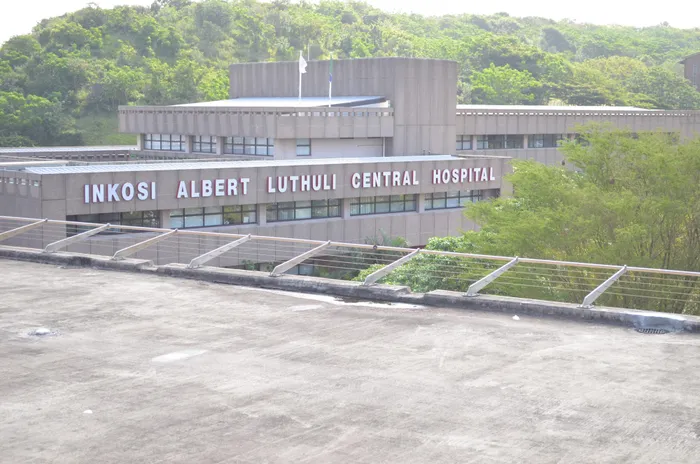Power restored at Inkosi Albert Luthuli Central Hospital

Inkosi Albert Luthuli Central Hospital, one of Durban's foremost public health facilities, that was without electricity supply since last Monday, eventually had their power supply reconnected on Friday.
The power outage significantly disrupted its operations and patient care.
It is believed, although unconfirmed, that the outage was related to the ongoing eThekwini municipal worker’s strike.
Since midday on Monday March 4, the hospital had been forced to operate on emergency generators.
This then affected critical hospital services with staff complaining that essential surgeries had had to be postponed, and in a drastic move to mitigate risks, several patients were discharged on Wednesday.
“The absence of electricity has rendered air conditioning units inoperative, leading to complaints from the hospital staff about the stifling working conditions they have been subjected to during this crisis. This also has further implications for all our other necessary facilities like the mortuaries, theatre, oxygen supply,” said one doctor, who did not want to be named.
At the time of the outage, the underlying cause of the blackout had yet to be officially confirmed, however, the Democratic Nursing Organisation of South Africa (DENOSA) had voiced concerns over possible links to the ongoing strike by Durban Solid Waste (DSW) workers.
Mbali Sebela, a representative of Denosa, then had made an impassioned appeal to local authorities for swift action.
“We are calling on the eThekwini municipality, the mayor, and all relevant stakeholders to urgently address and resolve the on-going strike. The power outage has had a direct impact on patients awaiting referrals, some of whom have been waiting for months. Unfortunately, power outages have become a recurring issue at the hospital, attributed in the past to cable theft, transformer failures, and now, potentially, strikes,” Ms Sebela said.
The Public Servants’ Association (PSA) spokesman Mlungisi Ndlovu said no hospital could afford to have outages as it posed a grave risk to the lives of patients and the well-being of employees.
He said the situation had deteriorated to such an extent that some wards at the hospital had been operating in darkness and they eventually had to transfer some of the patients to other healthcare facilities.
“This is totally unacceptable to our members and even worse for patients to be treated in this manner. There is a limit to all of the striking. People’s lives should not be endangered and essential and critical services should not be affected,” said Mr Ndlovu.
eThekwini Municipality’s spokesperson Gugu Sisilana said the municipality had faced an onslaught of power and water outages during the strike as a result of sabotage.
“We are not confirming which areas have been reconnected and restored because those areas will be sabotaged again. SAMWU has been given an opportunity to provide submissions as to why an ultimatum to end the strike should not be issued. They have not responded,” said Ms Sisilana.